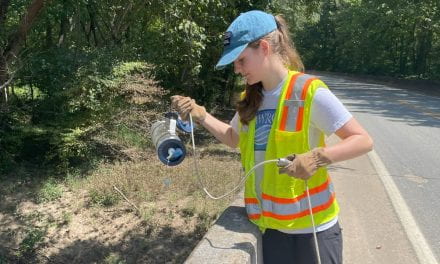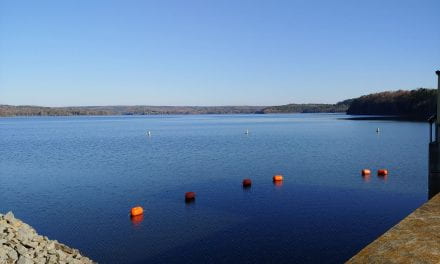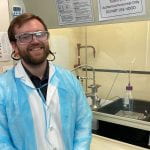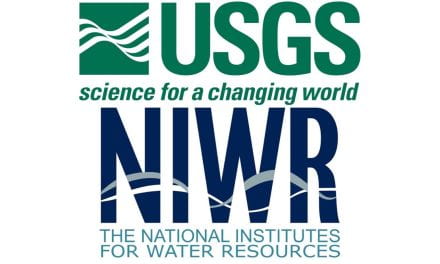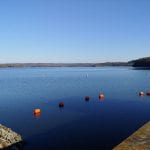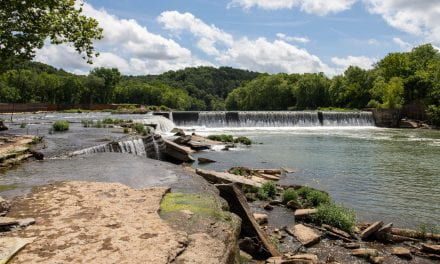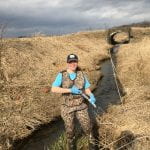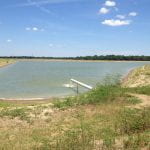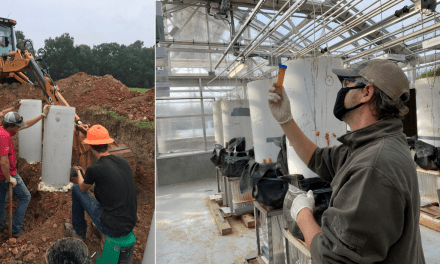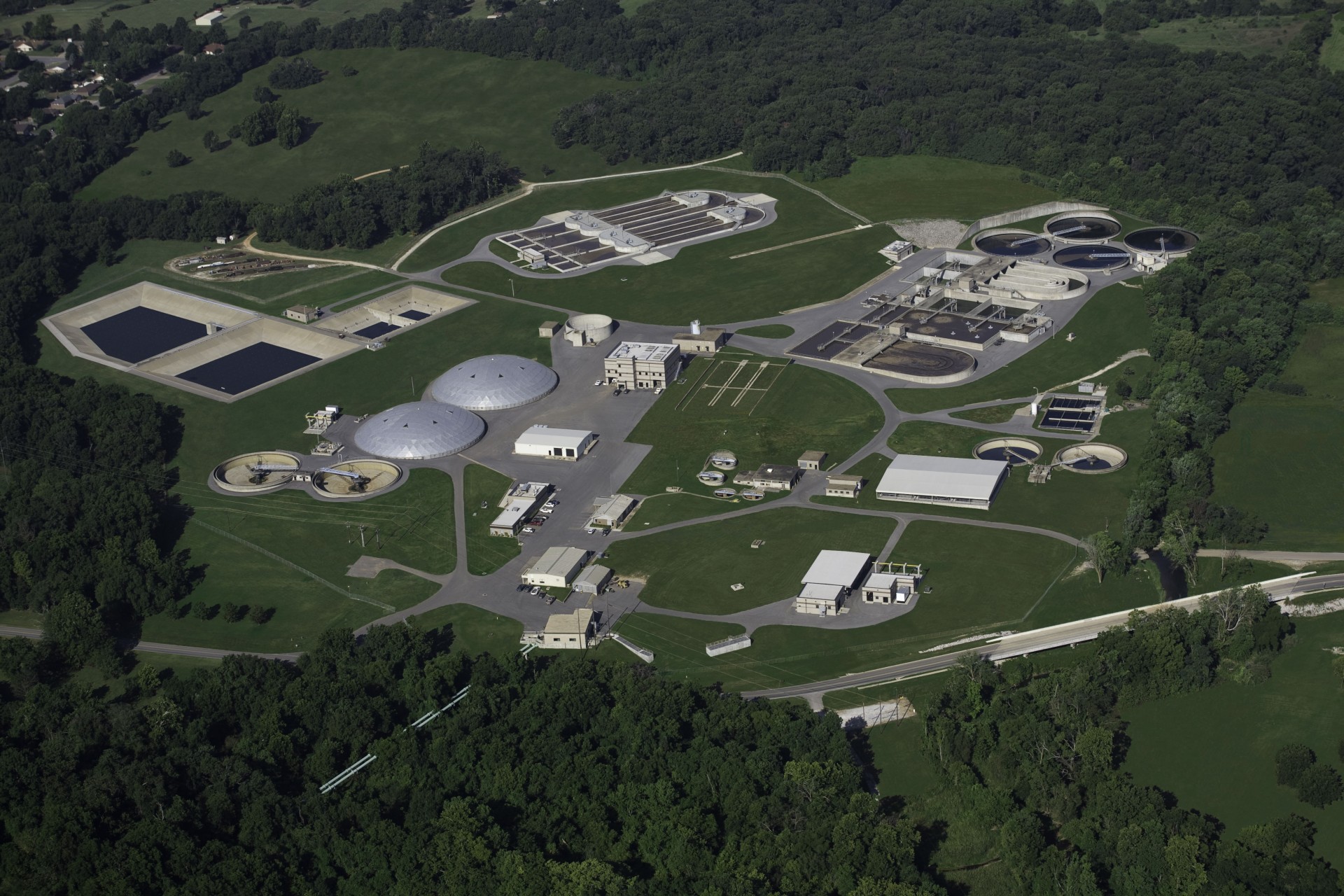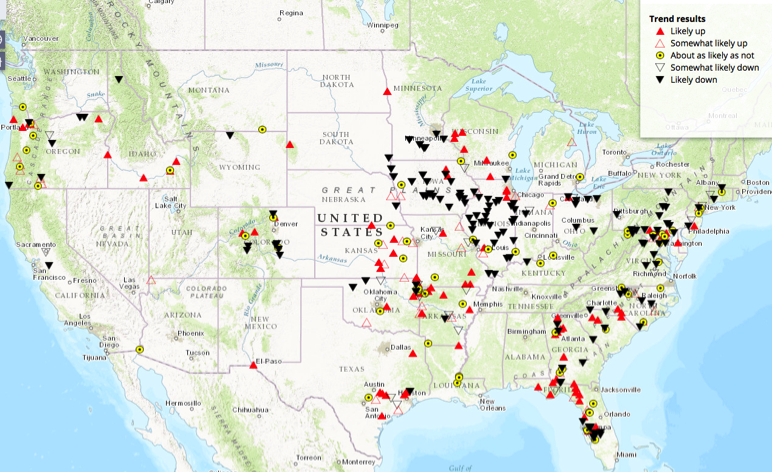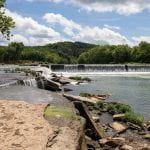
Considerations about Harmful Algal Blooms in Arkansas Ponds
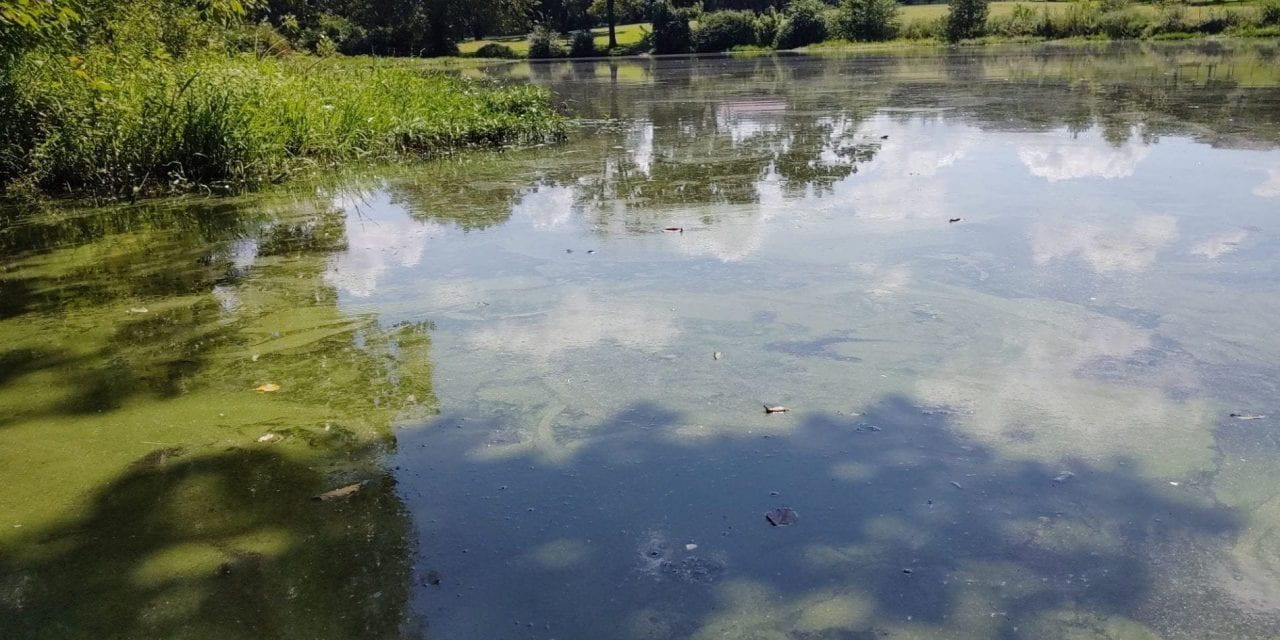
With the hot temperatures in August, many nutrient rich ponds in Arkansas have turned green. This coupled with reoccurring reports of harmful or toxic algal blooms across the country, has many Arkansans asking if they should be worried about their pets and livestock being poisoned by toxins released by algae.
Most freshwater harmful algal blooms are caused by blue-green algae, also known as cyanobacteria. Of the 1,500 known cyanobacteria species, it is estimated that roughly 50 species are capable of producing toxins when the conditions are right. Toxin production tends to occur under specific environmental conditions (generally warmer water and elevated nutrients). If one or more of the toxin producing cyanobacteria species are prevalent in a pond, animal poisoning is possible. Poisoning of pets and livestock is dose related; meaning animals need to ingest water containing large quantities of toxin producing organisms before exhibiting symptoms.
Recently, The University of Arkansas Division of Agriculture Cooperative Extension Service reached out to George Seldon, University of Arkansas Pine Bluff Aquaculture Extension Specialist to find out more.
Read the full article found at https://www.uaex.uada.edu/environment-nature/water/stormwater/nwastormwater/, as well as other useful information about stormwater pollution control.
If you think your pond may be experiencing a harmful algal bloom, you can report your algal bloom to ADEQ, or use ADEQ’s mobile app that allows users anywhere in the state to report environmental hazards directly from their smart phone.
Image caption: Harmful algal bloom at a park in Fayetteville, Arkansas in summer 2019.

